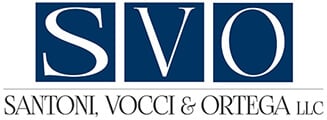Consumers may be vulnerable to deceptive practices of unscrupulous businesses. For this reason, federal and state protections exist to shield shoppers from dishonest companies.
Recognizing fraudulent tactics lets you protect your interests and make informed choices.
False advertising
This category involves the dissemination of misleading information about a product or service. Examples include exaggerated claims about product benefits, false testimonials and deceptive pricing strategies. Consumers may end up with products or services that do not live up to the promises made in advertisements.
Deceptive offers
The bait-and-switch tactic involves enticing consumers with an attractive offer. Then, the business substitutes it with a less desirable alternative.
For example, a retailer may advertise a product at an exceptionally low price to attract customers. When you arrive, someone tells you it is no longer available. Instead, they try to sell you a more costly alternative.
Hidden fees
Some businesses conceal extra charges, leaving consumers surprised by unexpected costs. You may notice undisclosed service fees, hidden shipping charges or unanticipated subscription renewals. These practices undermine transparency and can strain consumers’ budgets.
Pyramid schemes
This form of fraud promises financial gain based on recruiting others into the scheme. Participants invest money upfront expecting to earn profit.
However, pyramid schemes are inherently unsustainable. They lead to financial losses for most participants and legal repercussions for the organizers.
Counterfeit products
The manufacture and sale of counterfeit products undermine consumer trust and pose significant risks. From fake designer goods to counterfeit medications, consumers can unknowingly purchase substandard or dangerous items. This can lead to financial losses and potential health hazards.
Americans lost $8.8 billion to consumer fraud in 2022 alone, a 30% increase over the previous year. If you encounter these actions, report the company to the appropriate authorities.
